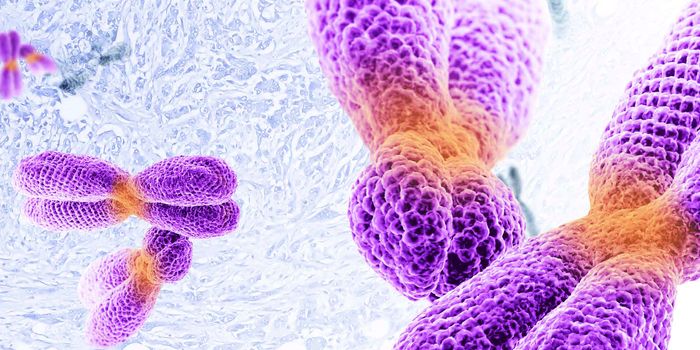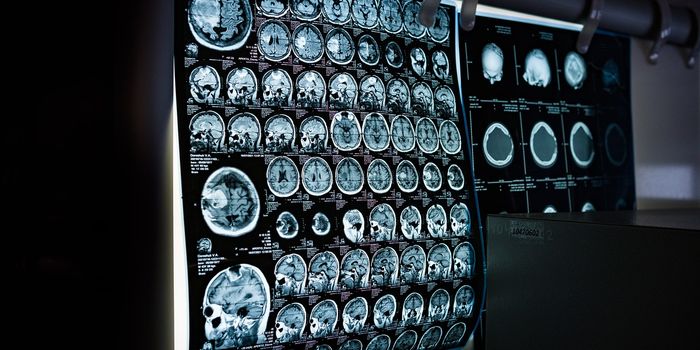The human body is resilient, but some lifestyle habits can do nearly permanent damage from which full recovery is not possible. Among these habits is smoking, which researchers found can
damage DNA for more than 3 decades after quitting.

No matter how you slice it, smoking is unequivocally dangerous to your health. Cigarette smoking is now the number one leading cause of preventable disease and death in the US. But, because nicotine is addictive, the habit is hard to break. As such, even knowing the health risks associated with smoking, about 40 million Americans still light up cigarettes daily.
But perhaps a new study can help deter people from smoking their first cigarette. The study found that lighting up causes damage at the DNA level that persists for more than 3 decades. Specifically, smoking alters DNA methylation, which, in turn, influences gene expression.
"These results are important because methylation, as one of the mechanisms of the regulation of gene expression, affects what genes are turned on, which has implications for the development of smoking-related diseases," said Stephanie J. London, deputy chief of the Epidemiology Branch at the National Institute of Environmental Health Sciences, and senior author of the study.
"Equally important is our finding that even after someone stops smoking, we still see the effects of smoking on their DNA," she added.
For their study, the team analyzed blood samples from almost 16,000 participants. In this group, they found DNA methylation was altered in about 7,000 genes, which account for about one-third of the known genes in our genome. In key parts of the genome, methylation effectively turns off genes – a problematic scenario for genes that function to suppress cancer.
And while it’s best to never smoke, quitting smoking is still far better than continuing to smoke. Researchers say the levels of DNA alterations in former smokers generally return to steady state within 5 years of quitting smoking. However, some DNA methylation marks remain more stubborn, lingering for decades.
"Our study has found compelling evidence that smoking has a long-lasting impact on our molecular machinery, an impact that can last more than 30 years," said Roby Joehanes, first author of the study. This change may be behind why former smokers still carry a higher risk for diseases like heart disease and cancer.
Nevertheless, the authors reiterate that it’s never too late to quit smoking, as a 40-year-old smoker could potentially live 9 years longer after having quit smoking as compare to continued smoking.
"The encouraging news is that once you stop smoking, the majority of DNA methylation signals return to never smoker levels after 5 years, which means your body is trying to heal itself of the harmful impacts of tobacco smoking," Joehanes said.
Additional source:
MNT,
American Heart Association









